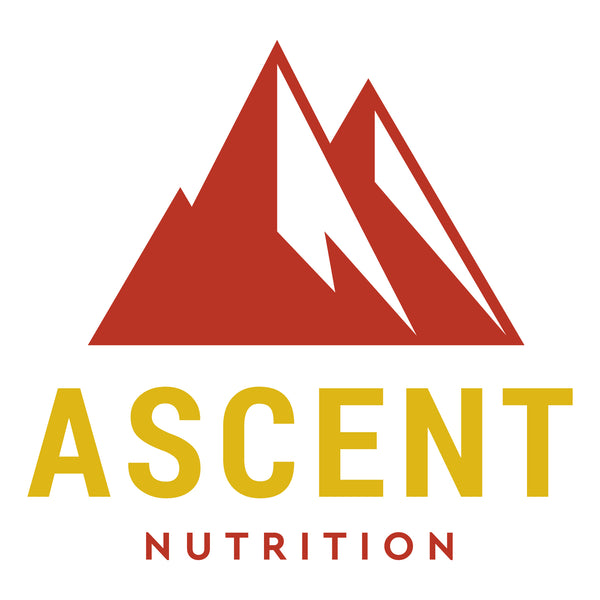1. Elkhateeb, W. A., Daba, G. M., Elnahas, M. O., & Thomas, P. W. (2019). Fomitopsis officinalis mushroom: ancient gold mine of functional components and biological activities for modern medicine. Egyptian Pharmaceutical Journal, 18(4), 285-289: https://journals.lww.com/egpj/Fulltext/2019/18040/Fomitopsis_officinalis_mushroom__ancient_gold_mine.1.aspx
2. Hwang, C. H., Jaki, B. U., Klein, L. L., Lankin, D. C., McAlpine, J. B., Napolitano, J. G., ... & Pauli, G. F. (2013). Chlorinated coumarins from the polypore mushroom Fomitopsis officinalis and their activity against Mycobacterium tuberculosis. Journal of natural products, 76(10), 1916-1922: https://www.ncbi.nlm.nih.gov/pmc/articles/PMC3851412/
3. Muszyńska, B., Fijałkowska, A., Sułkowska‐Ziaja, K., Włodarczyk, A., Kaczmarczyk, P., Nogaj, E., & Piętka, J. (2020). Fomitopsis officinalis: a species of arboreal mushroom with promising biological and medicinal properties. Chemistry & Biodiversity, 17(6), e2000213: https://onlinelibrary.wiley.com/doi/abs/10.1002/cbdv.202000213
4. Pisani, L., Catto, M., Muncipinto, G., Nicolotti, O., Carrieri, A., Rullo, M., ... & Altomare, C. (2022). A twenty-year journey exploring coumarin-based derivatives as bioactive molecules. Frontiers in Chemistry, 10, 1002547: https://www.frontiersin.org/articles/10.3389/fchem.2022.1002547/full
5. Stefanachi, A., Leonetti, F., Pisani, L., Catto, M., & Carotti, A. (2018). Coumarin: A natural, privileged and versatile scaffold for bioactive compounds. Molecules, 23(2), 250: https://www.mdpi.com/1420-3049/23/2/250
6. Davis, R., Taylor, A., Nally, R., Benson, K. F., Stamets, P., & Jensen, G. S. (2020). Differential immune activating, anti-inflammatory, and regenerative properties of the aqueous, ethanol, and solid fractions of a medicinal mushroom blend. Journal of inflammation research, 117-131: https://www.ncbi.nlm.nih.gov/pmc/articles/PMC7049272/
7. Rokos, T., Pribulova, T., Kozubik, E., Biringer, K., Holubekova, V., & Kudela, E. (2023). Exploring the Bioactive Mycocompounds (Fungal Compounds) of Selected Medicinal Mushrooms and Their Potentials against HPV Infection and Associated Cancer in Humans. Life, 13(1), 244: https://www.mdpi.com/2075-1729/13/1/244
8. Wasser, S. J. A. M. B. (2002). Medicinal mushrooms as a source of antitumor and immunomodulating polysaccharides. Applied microbiology and biotechnology, 60, 258-274: https://pubmed.ncbi.nlm.nih.gov/12436306/
9. Murphy, E. J., Fehrenbach, G. W., Abidin, I. Z., Buckley, C., Montgomery, T., Pogue, R., ... & Rezoagli, E. (2023). Polysaccharides—Naturally Occurring Immune Modulators. Polymers, 15(10), 2373: https://www.ncbi.nlm.nih.gov/pmc/articles/PMC10222865/
10. Wu, X., Yang, J. S., & Yan, M. (2009). Four new triterpenes from fungus of Fomes officinalis. Chemical and Pharmaceutical Bulletin, 57(2), 195-197: https://www.jstage.jst.go.jp/article/cpb/57/2/57_2_195/_article
11. Renda, G., Gökkaya, İ., & Şöhretoğlu, D. (2021). Immunomodulatory properties of triterpenes. Phytochemistry Reviews, 1-27: https://www.ncbi.nlm.nih.gov/pmc/articles/PMC8600492/
12. Altannavch, N., Zhou, X., Khan, M. A., Ahmed, A., Naranmandakh, S., Fu, J. J., & Chen, H. C. (2022). Anti-Oxidant and Anticancerous Effect of Fomitopsis officinalis (Vill. ex Fr. Bond. et Sing) Mushroom on Hepatocellular Carcinoma Cells In Vitro through NF-kB Pathway. Anti-Cancer Agents in Medicinal Chemistry (Formerly Current Medicinal Chemistry-Anti-Cancer Agents), 22(8), 1561-1570: https://pubmed.ncbi.nlm.nih.gov/34102992/
13. Discover Magazine: https://www.discovermagazine.com/environment/how-mushrooms-can-save-the-world

